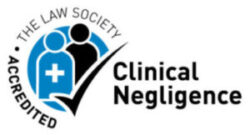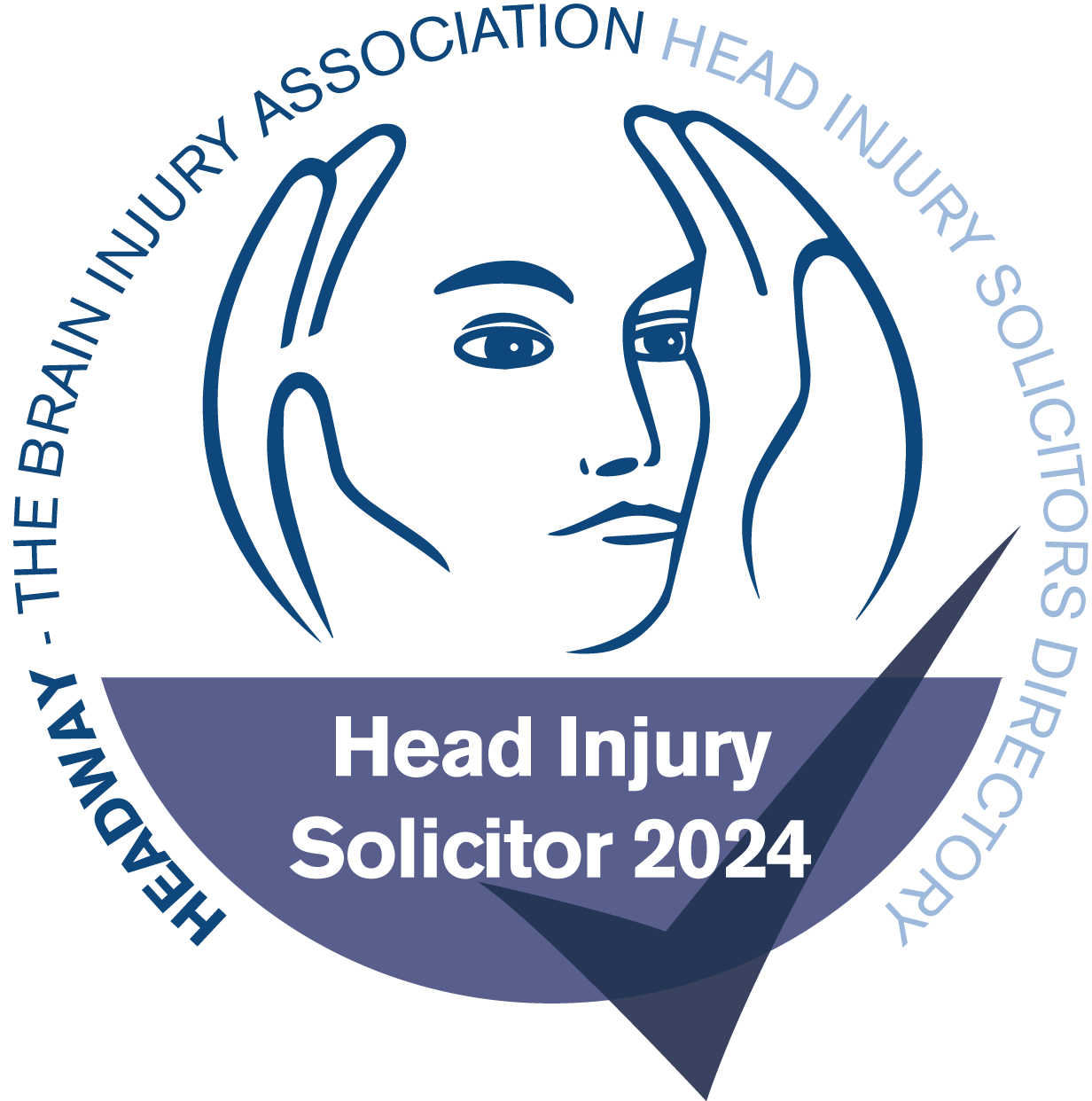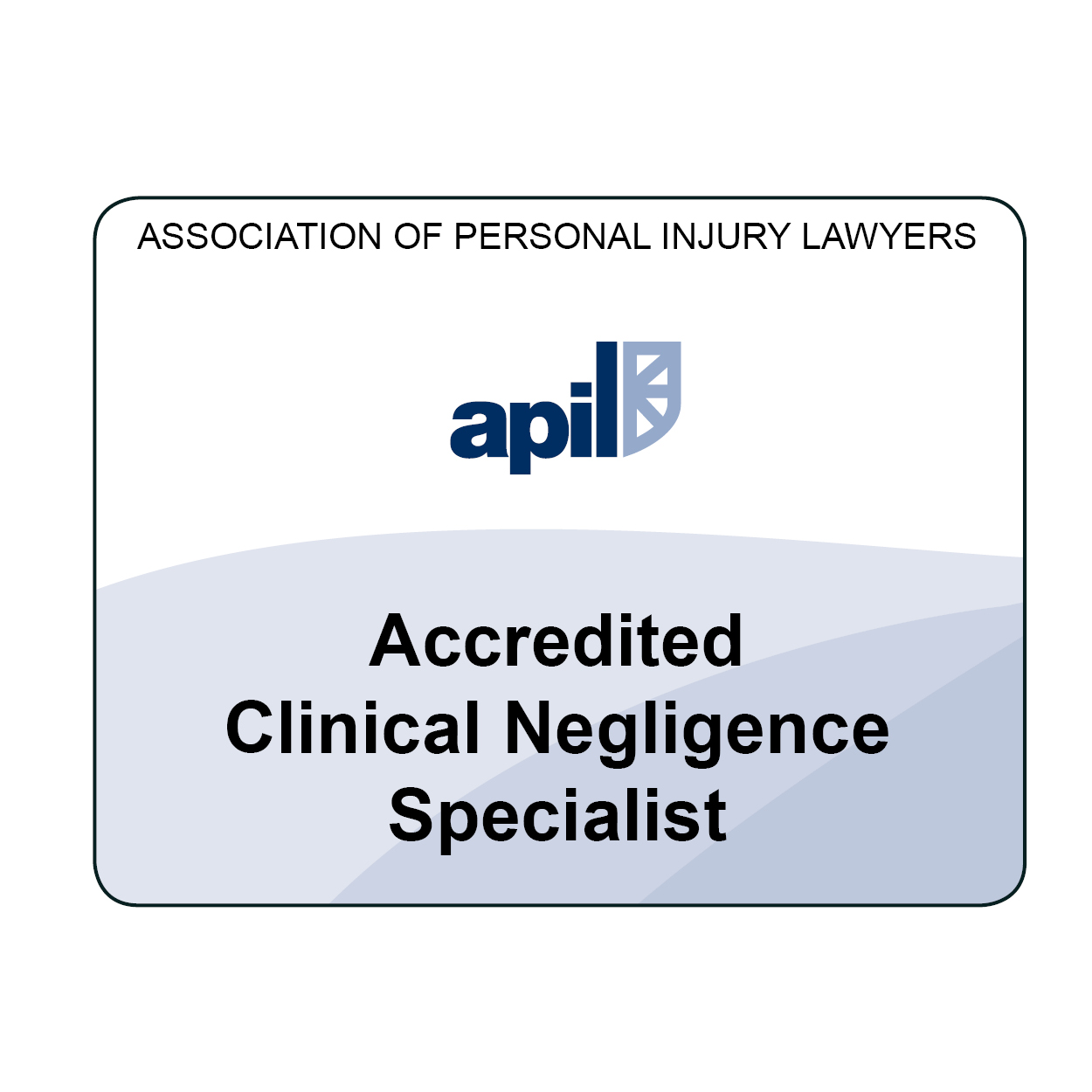An NHS watchdog has released new guidelines to prevent late diagnosis of sepsis in an attempt to reduce the large volume of cases where patients have died as a result of sepsis not being identified early enough.
The National Institute of Health and Care Excellence (NICE) now recommends that patients suspected to be suffering from sepsis should be rushed to hospital in much the same manner as those suffering a heart attack. The condition, which erupts as a result of the body overreacting to an infection, currently claims around 44,000 lives per year in the UK, with experts estimating that between 5,000 and 13,000 of these lives could be saved if it were not for delayed diagnosis of the condition.
Even with the new guidelines to prevent late diagnosis of sepsis, identifying the condition is not straightforward; whilst the condition can ultimately lead to severe organ failure, shock and death if left untreated, its initial signs appear innocuous – consisting of things like rapid breathing or feeling generally unwell. NICE now recommends that in response to the problem medical staff take the approach of “Could this be sepsis?” whenever a patient presents with ambiguous symptoms. NICE’s Prof Mark Baker issued the following statement to the BBC in relation to a number of recent high-profile cases of delayed diagnosis of sepsis:
“The problem with those patients who died unnecessarily of sepsis is that staff did not think about it soon enough…It requires a depth of thought and experience and a way of examining patients which isn’t always there – particularly because of time pressures and partly because we have got used to implementing guidelines without thinking.”
Concerns surrounding the late diagnosis of sepsis have also been echoed by Dr Maureen Baker of the Royal College of General Practitioners, who stated to the BBC that:
“The diagnosis of sepsis is a huge worry for GPs, as initial symptoms can be similar to common viral illnesses, so we welcome any guidance or support to help us identify it as early as possible…”
New guidelines to prevent late diagnosis of sepsis have also been issued by NICE encouraging parents to speak up to medical professionals if their children show signs of health deterioration during standard treatment programs, amidst fears that staff are not currently trained effectively to recognise the early onset of sepsis. NHS National Director of Patient Safety Dr Mike Durkin summarised his concerns to the BBC stating:
“Time and time again, and in some cases tragically too late, we see that some children could have received better care if healthcare providers worked with parents to understand and treat deterioration in health. There have been far too many cases covered in the media on the failure to treat sepsis that have highlighted the sad and frustrating instances of parents repeatedly flagging concerns about their children.”
Commenting on the issue, Jason Brady, clinical negligence solicitor at Blackwater Law said:
“We understand that given pressures on the NHS and doctors’ practices, it can be difficult for GPs to effectively diagnose patients in cases where patients display symptoms which might be associated with a multitude of conditions and illnesses. That said, it is critical for conditions such as sepsis to be diagnosed promptly to provide for effective treatment. We welcome this latest guidance to GPs and hope it raises awareness of the need to consider the condition when diagnosing patients.”
Clinical negligence solicitors are awake to the threat and stand ready to help victims of late diagnosis to pursue compensation for the late diagnosis of sepsis. If you or your family has suffered as a result of substandard care, be it for sepsis or indeed any other condition, contact Blackwater Law today on 0800 083 5500. You’ll receive free initial legal advice and support, which could put you on the path to securing clinical negligence compensation and going some way to helping you and your family move forward.





